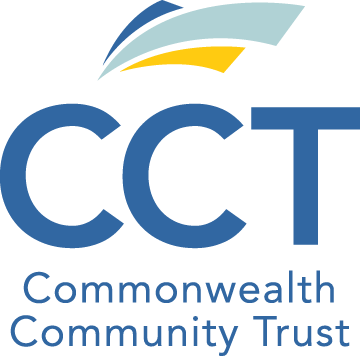Looking Toward the Financial Future of Your Child with Special Needs
By Joanne Marcus, MSW, President and CEO of CCT
“You will always worry about your child.” says Betty, mother of Matthew, an adult child with disabilities. “It was really important to me to have something set up for when I am gone, where someone will be there to pick up and help look out.”
Betty’s concern relating to Matthew’s financial future is something all parents can relate to. The demands of daily life keep most parents busy with little time to think about the future. Like Betty, it’s important that parents plan for the time when they will no longer be here. A cost effective and convenient way to set aside and preserve funds is a Pooled Special Needs Trust (PSNT).
A PSNT is a way to administer funds to enrich the quality of life for the individual with special needs. It is designed to protect eligibility for Medicaid and Supplemental Security Insurance (SSI). An individual with a disability can have no more than $2000 in countable assets in order to qualify for these benefits. A monetary gift, personal injury settlement or inheritance can disqualify the Beneficiary from receiving benefits unless the funds are placed into a PSNT.
A PSNT is also an option in the case where an individual does not receive Medicaid or SSI but is not able to manage funds on their own.
Understanding How a PSNT Works
A PSNT is administered by a nonprofit organization. A separate account is established for each Beneficiary, but the funds are “pooled” to provide greater investment opportunities and lower administrative expenses. Separate accounting is maintained for each Beneficiary’s sub-account and financial statements are made available to authorized individuals. The pooled trust organization makes decisions on how funds from the trust are spent, oversees investments of the funds, and stays abreast of changing regulations with regard to Medicaid and SSI.
Research Ways to Fund a Trust
Inheritances, life insurance policies, employer benefits and gifts from friends and family are all common ways to fund a PSNT. Funding requirements, enrollment fees and ongoing administration fees will vary by organization. Generally, a pooled trust organization has low minimum funding requirements, often as low as $5,000, and lower enrollment and ongoing fees. Minimums and fees are usually much higher with a traditional financial institution where many require a minimum of $350,000 to $750,000 to fund a trust.
How the Funds in the Trust Can be Used
The trust can pay expenses that will enrich the quality of life for the beneficiary. Funds in a PSNT can be used for expenses that may include medical and dental services not covered by insurance, assistive technology, eyeglasses, hearing aids, prosthetic devices, pre-paid burial expenses, education expenses, clothing, home furnishings, home modifications, caregiver expenses, transportation and more.
A Family Member or Trusted Individual Will Play a Role
When establishing a PSNT, advocates are named who will work closely with the pooled trust organization to provide information about the beneficiary’s needs and wants and to submit disbursement requests for the benefit of the beneficiary. An advocate is generally a relative, guardian, conservator, case worker, agent under a power of attorney, or the beneficiary himself or herself. Input from the advocate is valuable to express how parents envision the trust being used.
Related Articles:




